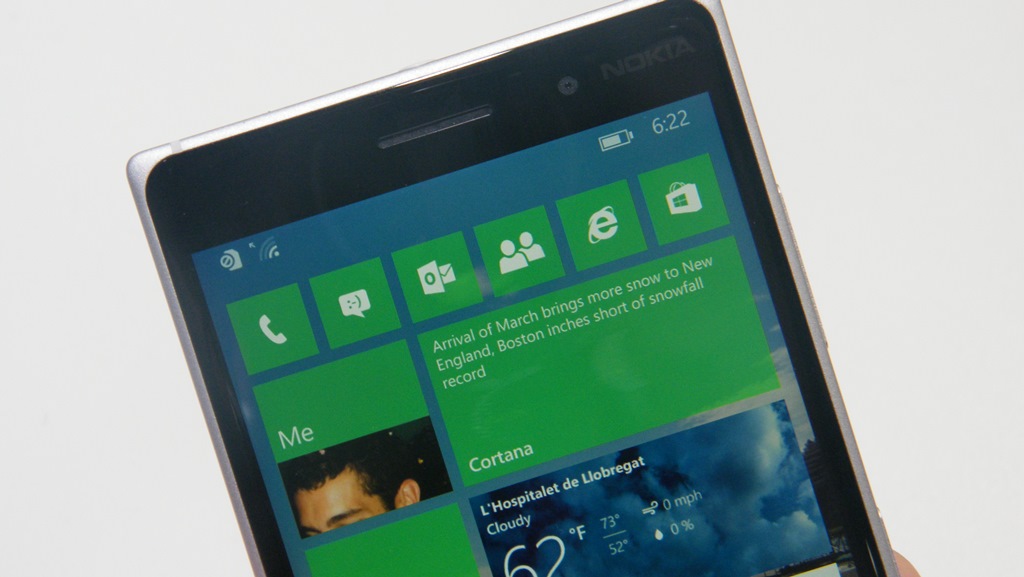How Windows 10 will change smartphones forever
Is Microsoft's grand vision finally approaching fruition?
Continuum has the potential to not only redefine how people see smartphones but also computers. Compared to flying cars having a phone/PC hybrid is unexciting, but it is transformative nonetheless. If people stop seeing desktops and laptops as necessary, then Microsoft is in the perfect position within a market that is incredibly fertile.
Desktop sales, according to IDC estimates, are falling substantially year-over-year while smartphone sales continue to set records, even at the expensive $500-plus price point, showing that finally Microsoft has its eyes firmly set on the future and what that may bring.
Previous flops
There will be use cases that don't work on a smartphone, and of course companies have tried this before. Motorola had a project that allowed a similar thing to happen, except via hardware that included an HDMI port and various USB ports. Due to advancements in Bluetooth technology, coupled with the expansion of online services such as Google Drive or Dropbox, there is less impetus to include USB ports.
It's arguable that all a laptop needs is a single charging port, an idea that Apple is currently exploring, and a phone complies with this potentially new norm. Motorola made the mistake of requiring actual new hardware whereas Microsoft is tapping into things people already have – a monitor with HDMI, a Bluetooth keyboard and mouse.
Only Microsoft knows how many people will actually 'switch' their phone into a PC but the potential impact upon how we define a "smartphone" and how we define a "PC" could be extraordinary if it catches on.
There have been various reasons why people have shunned Windows Phone, from apps to the interface – but being able to use the device as a PC, thus meaning that you don't need a PC, is a compelling reason to go Windows with your handset that no other manufacturer can boast. Even Apple, which has made a big show of its Continuity feature, cannot say that if you plug an iPhone into an HDMI port, attach a keyboard and mouse via Bluetooth and boot it up, that the handset will become a fully-fledged PC.

A new era?
It hasn't been often over the past decade or so that Microsoft has really pushed the envelope within the consumer space. Windows, of course, is still used by millions of people but embarrassing implementations, such as Vista, have marred its reputation and alienated a lot of users. Backtracking on various Windows 8 features – or, you could argue, including them in the first place – has also done nothing to improve Redmond's relationship with its actual users.
Are you a pro? Subscribe to our newsletter
Sign up to the TechRadar Pro newsletter to get all the top news, opinion, features and guidance your business needs to succeed!
It's now an oft-beaten drum, but Satya Nadella's Microsoft appears to be far more open to ideas and this is largely reflected within Windows 10. Opening up the software to users ahead of time is an unprecedented move and the feedback is actually being worked upon and incorporated.
This will mean less blind mistakes as a company and, on top of innovations such as Continuum, could lead Microsoft into first place and redefine how we, as users, define a "smartphone" and a "computer".
Max Slater-Robins has been writing about technology for nearly a decade at various outlets, covering the rise of the technology giants, trends in enterprise and SaaS companies, and much more besides. Originally from Suffolk, he currently lives in London and likes a good night out and walks in the countryside.